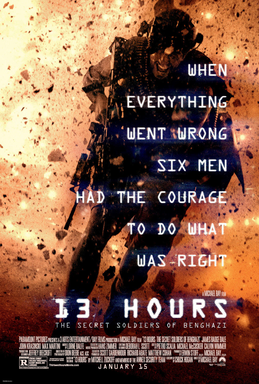I was recently rewatching the 2000 film, Final Destination, and a few things occurred to me.
Number one, no one ever really thanks Devon Sawa for getting them off that plane before it explodes. Final Destination opens with a group of high school students boarding a plane so that they can go on their senior class trip to Paris. (I wish I had gone to their high school. Our senior class trip was to …. well, we didn’t get one.) When Alex Browning (Devon Sawa) has a vision of the plane exploding, he freaks out and he, his teacher, and a few other students are kicked off the plane. Needless to say, everyone’s pretty upset with Alex but then, just a few minutes after taking off, the plane does explode. Alex was right. He saved everyone’s lives.
And yet, no one ever says, “Thank you, Alex!” Instead, everyone is still like, “Hey, that’s the weirdo that ruined our trip to Paris!” No, the plane exploding is what ruined your trip to Paris. Alex saved your life! Poor Alex. And yet, it kind of makes sense. In the face of inexplicable tragedy, people need someone to blame and Alex is a convenient scapegoat.
That scapegoating continues once the survivors of the flight start to mysteriously die. No one wants Alex near them, even though Alex has managed to figure out that Death is stalking them because they messed up its plans by getting off of that plane. Then again, Alex doesn’t always come across as if he’s the most stable person in the world. Gaunt and hallow-eyed, Sawa portrays Alex as someone who haunted by survivor’s guilt even before it became obvious that he and his former friends were being targeted. Sawa, it should be said, gives a remarkably good performance in Final Destination.
Another thing that occurred to me as I rewatched Final Destination is that, in this film, Death doesn’t have much of a sense of humor. The Final Destination sequels are notorious for their elaborate and often ironic death scenes, the majority of which seem to indicate that Death might be a little bit too clever and precocious for its own good. However, in the first Final Destination, Death is a lot more direct and, in some ways, a lot more sadistic. Terry Chaney (Amanda Detmer) steps out in the street and gets run over by a bus. Goofy Billy Hitchcock (Seann William Scott — why two n’s Seann!?) makes the mistake of standing too close to the railroad tracks and he loses the top half of his head. Death really only get creative when it comes to taking out Todd Waggner (Chad E. Donella) and Ms. Lewton (Kristen Cloke) and, even then, it’s methods are nowhere near as elaborate as they would eventually become.
The final thing that I noticed is that Final Destination holds up really well. It’s hard to remember now but, when Final Destination first came out, a lot of critics dismissed it as just being a slasher film with a slightly clever twist. But actually, that twist is far more than just “slightly” clever and the film really does a lot more with the idea than it’s often given credit for. Final Destination is a film full of thrills and chills — I still freak out at some of those death scenes — but it’s also a film that always makes me think about mortality. Has our destiny already been written? Can we defeat death? Or are we just pawns with our fates predetermined? In the end, that’s what makes Final Destination so effective. We all know that we can’t escape death, both in real life and in the movies. The one thing that everyone has in common is that death is eventually going to come for all of us. It’s the one enemy that we can’t defeat or laugh away. Instead, all we can do is try to hold it off for a while. Final Destination taps into the fears that we all have.
The plot is clever. The script is frequently witty. I liked the fact the characters were all named after horror movie icons. Plus, you got Tony Todd dominating the entire film with just a brief role. Final Destination is a classic.







